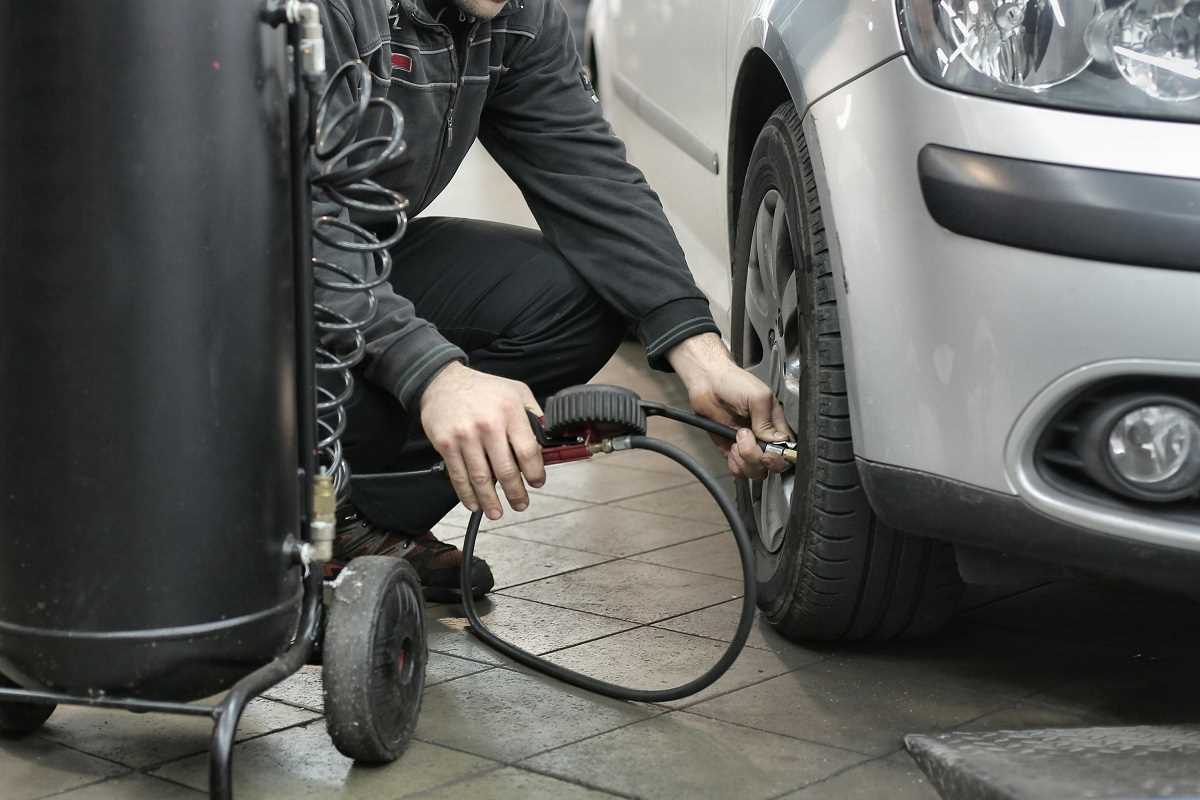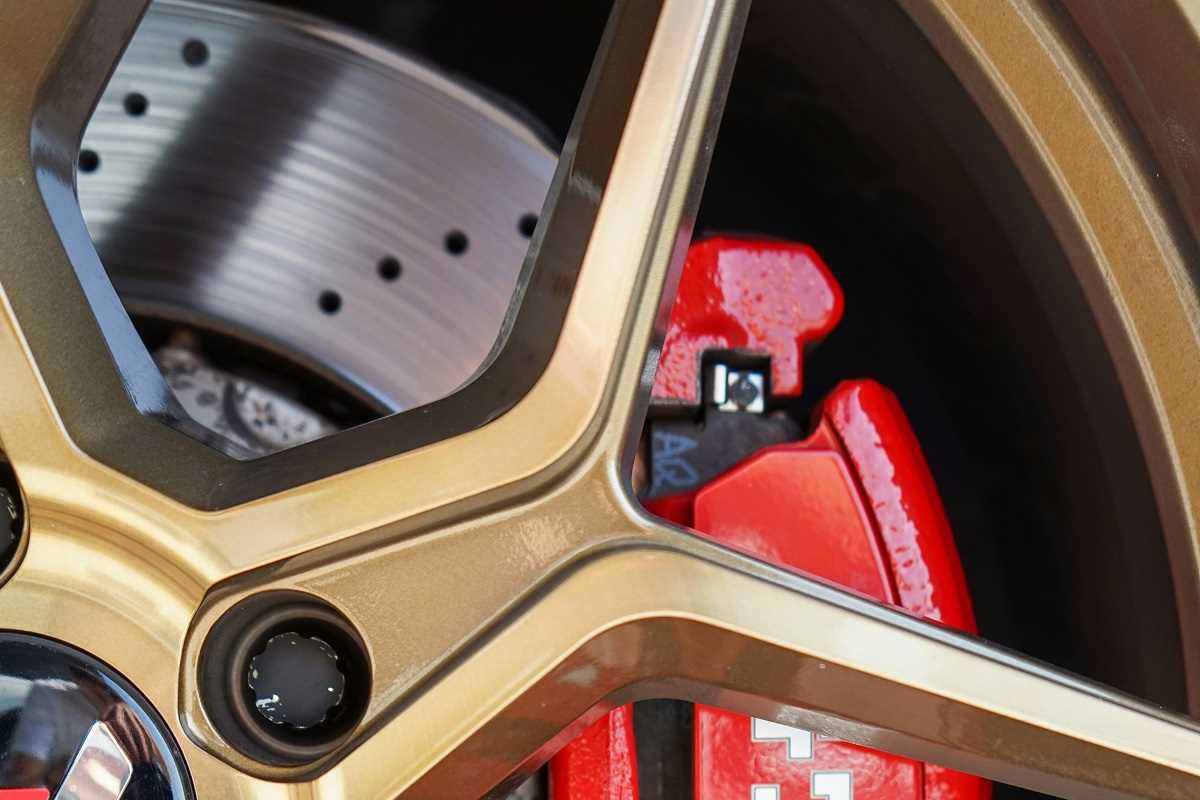Did you know that taking care of your tires can directly impact how long your car lasts? Tires are the only part of your vehicle that touches the road, meaning they play a massive role in its overall performance, safety, and longevity. Neglecting tire maintenance may seem like no big deal at first, but can actually lead to accidents, costly repairs, and even a shorter life for your car. But the good news? With some simple tire care habits, you can keep your car running smoothly for years to come. Here's why regular tire maintenance is so crucial—and how you can get started.
The Basics of Tire Maintenance
When people think about maintaining their cars, they often focus on oil changes, brake checks, or coolant levels. While those are important, tires are just as—if not more—critical. Proper tire maintenance includes a few key activities, such as:
- Checking Tire Pressure
- Rotating Tires Regularly
- Inspecting Tread Depth
- Ensuring Proper Wheel Alignment
Each of these practices contributes to the health of your tires and, by extension, your entire vehicle. Here's a closer look at how each one works and why it matters.
1. Checking Tire Pressure
Keeping your tires properly inflated is one of the easiest and most impactful maintenance tasks you can do. Underinflated or overinflated tires can cause uneven wear, reduce fuel efficiency, and even lead to blowouts.
Low tire pressure increases the rolling resistance between the tire and the road, which forces your engine to work harder. Over time, this extra strain can lead to premature engine wear and higher fuel consumption. On the flip side, overinflated tires become overly rigid and don’t distribute weight evenly, which could cause poor handling and make the ride bumpier.
Checking your tire pressure at least once a month (and before long road trips) is a quick and inexpensive way to protect your car. Most vehicles have a recommended tire pressure, usually found in the owner’s manual or on a sticker inside the driver’s door. Using a tire pressure gauge takes just a minute, and it could save you from all kinds of headaches down the road!
2. Tire Rotation
You’ve probably heard the term “tire rotation,” but do you know why it’s so important? Rotating your tires means regularly moving them to different positions on your car—typically front to back or diagonally. This ensures that all tires wear down more evenly.
Front tires often wear out faster because they handle the majority of your vehicle’s braking, turning, and power transfer (if you have front-wheel drive). Without regular rotation, these tires may need to be replaced more often, which can get expensive. Uneven tires also put unnecessary stress on your suspension system, steering components, and even your engine.
Most mechanics recommend rotating your tires every 5,000 to 7,500 miles—or roughly every time you get your oil changed. It’s a simple step that can extend the life of your tires and lighten the burden on other parts of your car.
3. Inspecting Tread Depth
Tread depth refers to the grooves in your tire that help it grip the road and channel water away. Over time, tread naturally wears down, which reduces your tire’s ability to stay stable on wet, icy, or uneven surfaces. Driving on bald or nearly bald tires increases your chances of skidding, hydroplaning, or losing control of your car—and a tire with no tread becomes downright dangerous.
Luckily, checking tread depth is super easy. Try the old penny test: Insert a penny into the grooves of your tire with Lincoln’s head facing down. If you can see the top of his head, it’s time to replace your tires. Experts generally recommend changing them when tread depth falls below 2/32 of an inch to ensure proper traction and safety.
By regularly inspecting your tires and replacing them as needed, you’re not only improving your car’s performance but also avoiding potential accidents and costly damage.
4. Ensuring Proper Wheel Alignment
Wheel alignment is often overlooked, but it’s a game-changer when it comes to car health. Misaligned wheels cause uneven tire wear, poor handling, and increased fuel consumption. Plus, your suspension and steering systems take a hit too, which can lead to expensive repairs if left unaddressed.
Alignment issues typically happen when you hit a pothole, curb, or something else that knocks your wheels off track. Signs of bad alignment include your car pulling to one side, uneven tire wear, or a crooked steering wheel when driving straight.
Having your alignment checked at least once a year—or whenever you notice these symptoms—helps balance the wear on your tires and reduces strain on other parts. It also keeps your car driving smoothly (and safely).
The Benefits of Regular Tire Maintenance
Taking the time to care for your tires provides a cascade of benefits. Here’s how it all adds up to a longer lifespan for your vehicle:
- Improved Fuel Efficiency: Well-maintained tires reduce rolling resistance, which means your engine uses less fuel to keep the car moving. This not only saves you money but also reduces wear and tear on the engine.
- Enhanced Safety: Properly inflated, aligned, and treaded tires give you better control on the road, especially in bad weather. This reduces the likelihood of skids, crashes, or costly damage to your car.
- Lower Repair Costs: Uneven tire wear can damage your suspension, steering, and engine, leading to pricey repairs. Keeping your tires healthy minimizes this risk and cuts down on unexpected expenses.
- Longer Tire Lifespan: Investing a little time in regular maintenance means you won’t have to replace your tires as often. That’s money saved for other car priorities!
- A Longer-Lasting Vehicle: Everything in your car works together, and when one component (like your tires) is in bad shape, it puts pressure on the rest. Healthy tires mean less stress on your engine, brakes, and suspension—helping your car stay roadworthy for years.
A little time spent on tire maintenance can go a long way in extending your vehicle’s lifespan. Simple habits like checking tire pressure, rotating tires, inspecting tread, and getting alignments might not seem like much, but they can save you thousands of dollars and keep your car running smoothly.
Think of your tires as the foundation of your vehicle. By keeping them in top shape, you’re giving your car the best chance to deliver safe, reliable, and efficient performance for the long haul. Now, grab that tire pressure gauge and give your tires some love—it’s totally worth it!
 (Image via
(Image via





